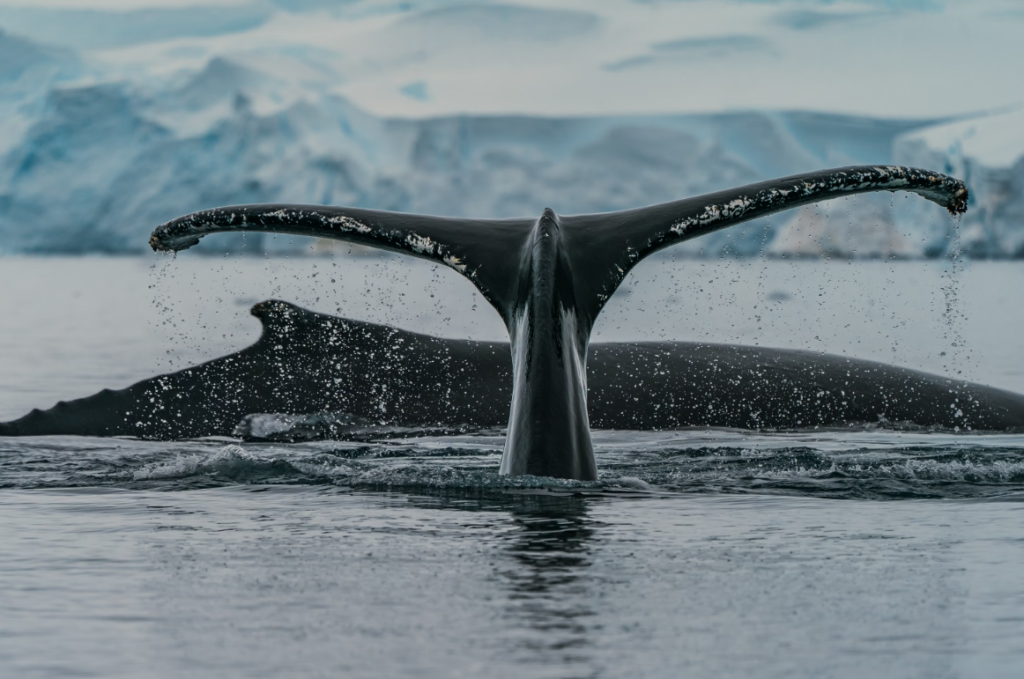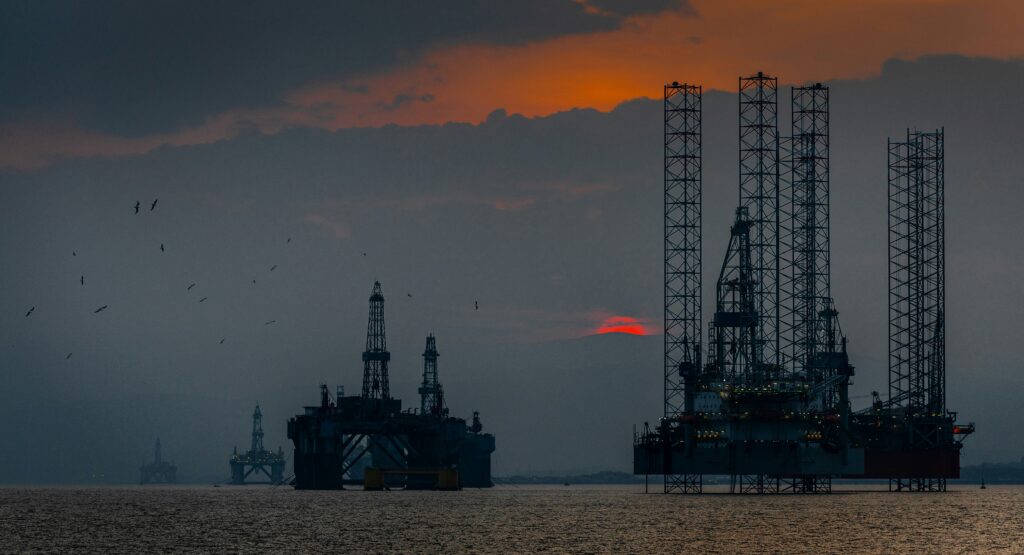On 9 January 2024, the Norwegian parliament passed a bill allowing deep-sea exploration by certain mining companies. The bill authorises companies specialised in the search and extraction of minerals to explore over 280,000 square metres of the country’s seabed in the Arctic ocean. Despite concerns from environmental scientists and international NGOs like Greenpeace, Norway has become the first country to back deep sea exploration of this type.
The race for natural resources
The vast deposits of rare earth metals and minerals nestled in the Norwegian sea bed hold considerable promise for catalyzing the green transition. Elements such as manganese, cobalt, and nickel, crucial for powering green technologies like electric car batteries and wind turbines, are in high demand as the world pivots towards renewable energy sources. Currently, China maintains a near-monopoly over these resources, dictating export quantities, prices, and supply chains due to its extensive deposits. However, securing a local supply within Europe could mark a significant stride in reducing dependency on non-renewable resources and accelerating the continent’s transition to sustainability. Norway’s strategic shift towards deep sea mining is not merely a matter of environmental stewardship; it is also driven by national economic interests and security concerns.

Norway’s pioneering stance in exploiting its Arctic seabed sets a precedent for other countries in the Arctic territory to follow suit, including the US, Russia, Denmark, and Canada,. With most of the Arctic seabed under sovereign jurisdiction, countries are keenly competing to attract investment and bolster their economic and national security agendas. As the international community awaits UN arbitration on the proportion of the Arctic Ocean that may be regarded as international waters, the lack of robust regulation by the International Seabed Authority (ISA) underscores the potential for unbridled commercial development in this emerging market.
However, as climate change opens up the Arctic for exploitation, concerns mount over the environmental impacts of deep sea mining. The technologies and infrastructure necessary for seabed exploration pose significant risks to biodiversity and fish stocks, ultimately reshaping the dynamics of the fishing industry. Norway’s greenlight to deep sea mining in the Arctic may intensify the global race for resources, but it also raises crucial questions about the sustainability, and consequences of, industrial activities in the largely pristine region.
The controversy around deep sea mining
The recent parliamentary decision to proceed with deep sea mining, backed by an overwhelming majority, has brought optimism but also stirred controversy. While proponents tout its potential benefits, which include supporting the transition to renewable energy, critics in Norway and worldwide have raised significant concerns. At the heart of the controversy lie several contentious claims.

Firstly, some have highlighted the limited research conducted on the potential impact of deep sea mining on marine ecosystems. Calls for a temporary ban on deep-sea mining by entities such as the EU and the UK underscore the uncertainty surrounding its environmental consequences, including the alteration or destruction of delicate ecosystems, increased pollution, acoustic disturbances for wildlife, and the looming spectre of natural catastrophes.
Secondly, critics argue that despite its role in advancing renewable energy technologies, deep sea mining raises ethical dilemmas concerning the exploitation of critical materials. These materials, found in nodules on the ocean floor, are non-renewable resources formed over millions of years through geological processes. Extracting them, it is suggested, will disrupt fragile marine environments.
Moreover, opponents suggest that deep sea mining will detract from the burgeoning recycling agenda in which. existing minerals, abundant in electronic devices like cell phones, computers, and other electronic waste, can be reused. Promoting deep sea mining perpetuates a reliance on resource extraction rather than prioritising sustainable practices.

Proponents of deep sea mining contend that the practice may have a lower environmental impact thanland-based mining operations, which have often been marred by human rights abuses and environmental degradation. They argue that by shifting extraction activities to the ocean floor, the industry could mitigate some of the ethical and environmental concerns associated with traditional mining practices.
In essence, the controversy surrounding deep sea mining underscores the complex interplay between environmental conservation, resource exploitation, and ethical considerations, raising critical questions about the long-term sustainability of such ventures in the pursuit of renewable energy goals.

Looking forward
In the coming years, the future of deep sea mining in Norway and beyond will be shaped by ongoing scientific research, political decisions, and evolving public opinion. At this stage, the Norwegian law refers to deep sea exploration, though not extraction. The government has not approved licences to extract minerals from the sea bed and is unlikely to do so any time soon.
Implications for Governments
- Diplomatic engagement in international forums: Governments must actively participate in international debates within bodies like the United Nations to articulate their stance on deep sea mining, either in support or opposition. This engagement is crucial for shaping global regulations and agreements that govern the practice, ensuring that national interests are represented and safeguarded on the international stage.
- Investment in evidence-based policy-making: Governments should prioritize funding and supporting research initiatives aimed at comprehensively understanding the environmental, economic, and social impacts of deep sea mining. By fostering evidence-based policy-making, governments can make informed decisions that balance the potential benefits of mining activities with their associated risks, thus mitigating adverse consequences and maximizing long-term sustainability.
- Market analysis and management: Governments need to proactively assess and anticipate the impacts of Norway’s deep sea mining activities on national markets, particularly in sectors like fishing imports and the production of green technologies. By conducting thorough market analyses and risk assessments, governments can implement targeted policies and strategies to mitigate potential disruptions, safeguarding domestic industries and promoting economic resilience amidst evolving global dynamics.
- Assessing alternative policies: Governments could consider prioritising policies that stimulate a circular economy by incentivising the recycling and reuse of critical materials found in electronic waste. By shifting focus towards recycling initiatives, governments can reduce the environmental footprint of resource extraction, promote sustainable consumption and production patterns, and mitigate the ecological impacts associated with both land-based and deep sea mining activities.

Implications for Private Firms
- Anticipating competitiveness: Firms offering goods and services for the green transition are pressured to monitor market trends and technological advancements. As Norway’s deep sea mining activities unfold, these firms should assess the potential impacts on their supply chains and consider investing in research and development to drive innovation and sustainability in their offerings.
- Strategic positioning: Firms operating in industries reliant on critical materials should strategically position themselves and foster collaboration with governments, research institutions, and other stakeholders to influence regulatory frameworks and standards governing deep sea mining. By actively engaging in policy discussions and shaping industry norms, firms can mitigate risks, seize opportunities, and establish themselves as responsible actors in the emerging deep sea mining sector.

